Case Studies
These case studies show how graziers improved their business using information provided through Drought and Climate Adaptation projects.

David Bone manages a beef cattle property near Mungallala and has used a drone to assist with stock mustering and monitoring for over four years.
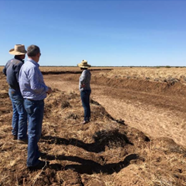
Drew and Annie Hacon of Cubbaroo Station detail the remediation strategies they have used to return their drought-eroded landscape to its former productivity.
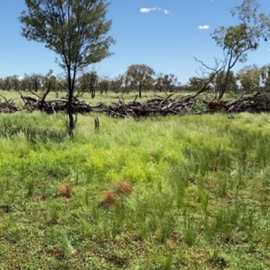
With a landscape prone to erosion, the land managers became involved in a pasture rejuvenation and erosion control project with SQ Landscapes.
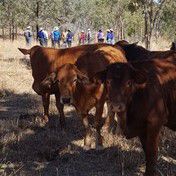
Gill and Eunice Campbell of ‘Claravale’, are committed to the development of management practices to improve and maintain the condition of both their land and their livestock.
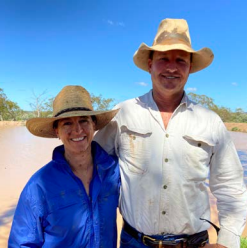
Bindy and Ben Lasker of “Beechwood”, near Teelba applied nutrition learnings from a workshop to reduce further economic risk.
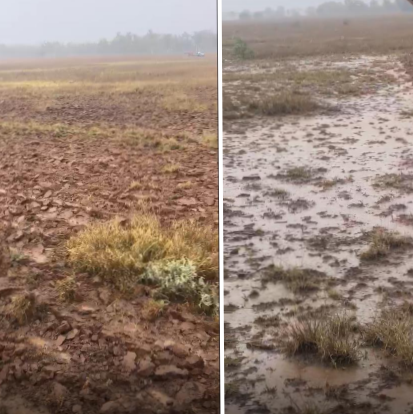
A pasture and weeds field day in Morven helped producers keen on learning about soil hydration, control methods and the effect of Pimelea and other common weeds on livestock such as goats.
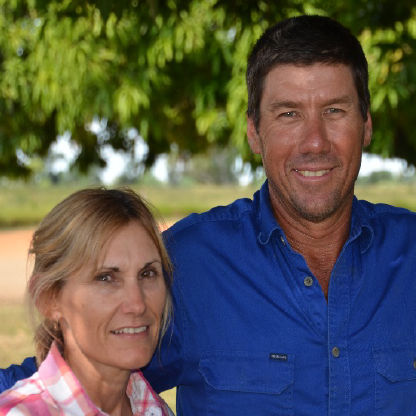
Glen and Cheryl Connolly own Blanncourt Station and Elwell and have land and cattle management and marketing strategies in place to minimise the financial and personal strain of low rainfall years resulting in poor seasons.
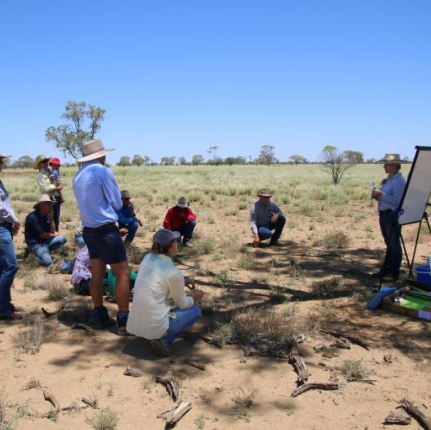
Learn how paddock walks can be fun, interactive ways of bringing producers together to discuss all topics relevant to their enterprise management, particularly pasture and nutrition.
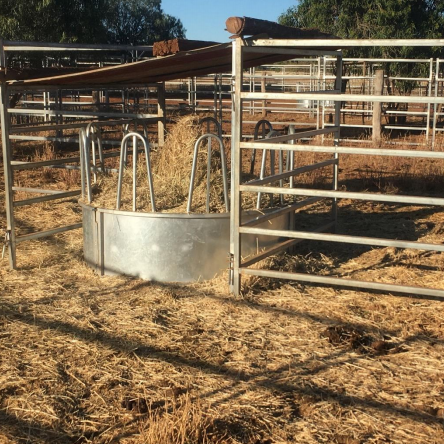
In this case study, Mark and Carolyn Redgen trialled early weaning that saw multiple benefits to their triple bottom line.
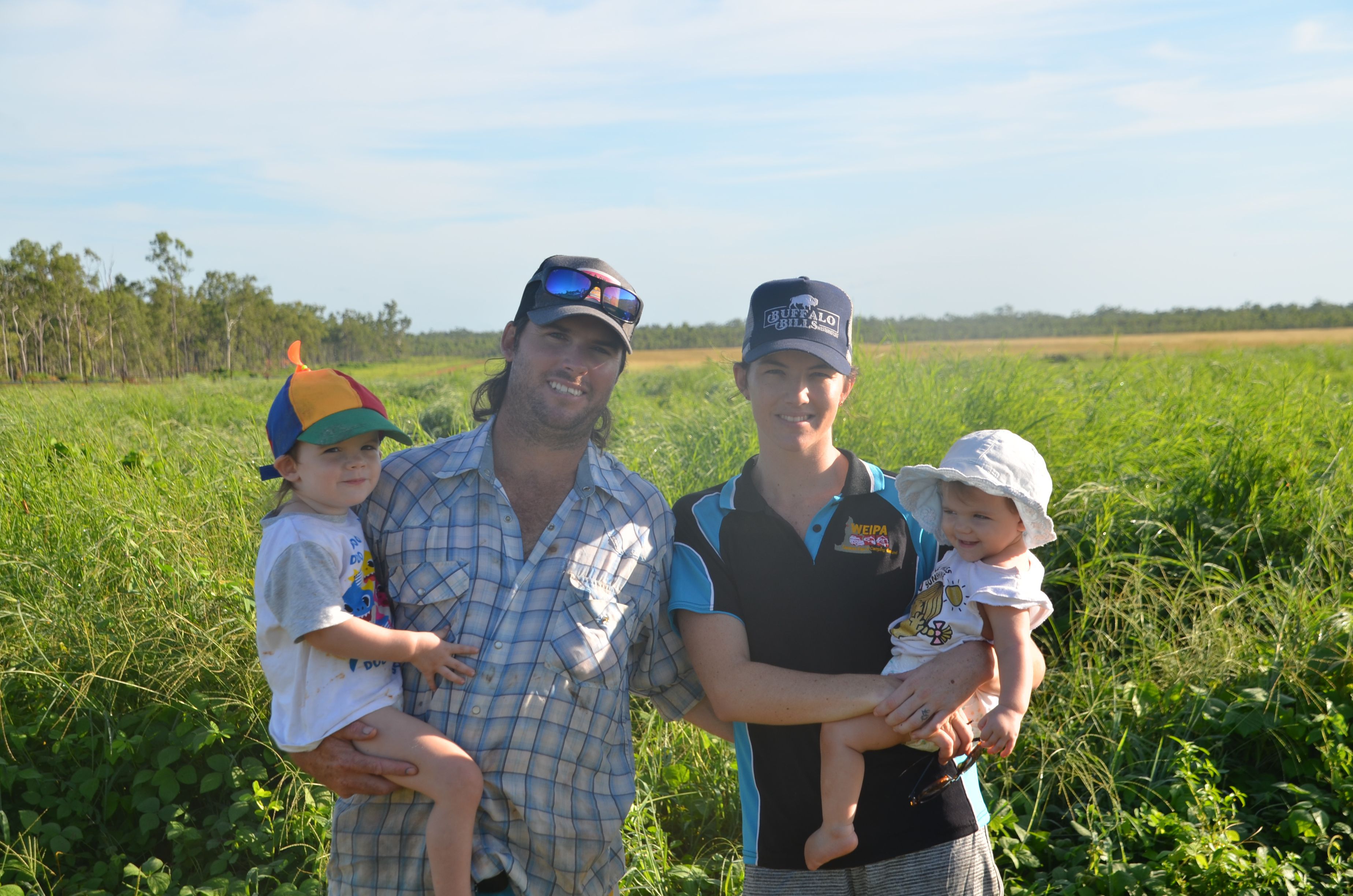
In this case study, the Quartermaine family of Watson River, near Weipa in Far North Queensland, discuss the benefits they have seen since starting to feed phosphorus during the wet season, nearly a decade ago.
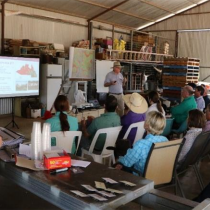
The majority of Gulf beef businesses are in phosphorus (P) deficient country. When implemented, phosphorus supplementation greatly improves the herd performance and is a fundamental feature of resilient livestock businesses.
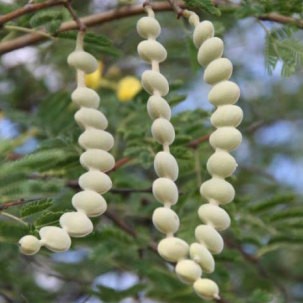
David and Helen Ogg of Eldorado Station near Hughenden, have been treating prickly acacia on Eldorado for thirty years and continue to learn and improve techniques.
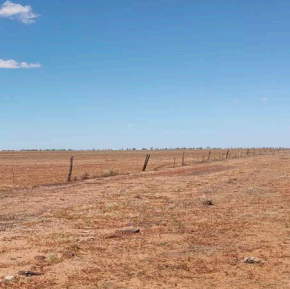
Climatic variability at Bendemeer has presented a number of challenges to the operation a livestock business, including significant droughts and flooding rains resulting in significant losses of stock and top soil.
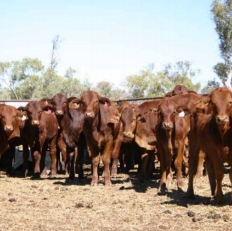
Drought conditions forced many beef producers to consider wearing earlier than usual in late in 2019 so producers requested an informative early weaning webinar that was delivered.
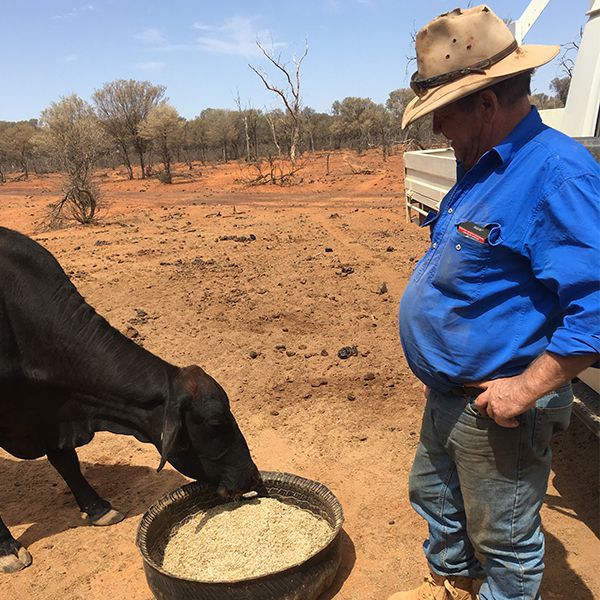
Clynt changed his supplement ration to improve cost effectiveness and productivity using the knowledge and networks he gained from attending a GrazingFutures workshop.
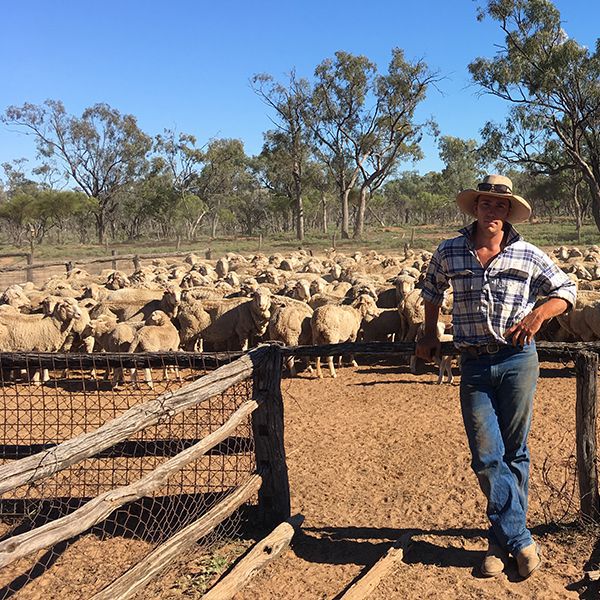
Ben McKenzie implemented NIRS and phosphorus testing in his herd which improved the economics and effectiveness of his supplementary feeding program.
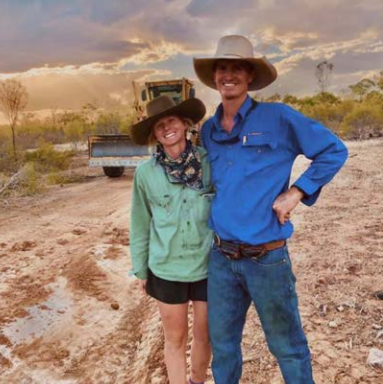
Dan and Georgia Slaney of Amber Station share their management plans, including an economic analysis of the expected benefits supplementing breeders with phosphorus and further infrastructure development of their station.
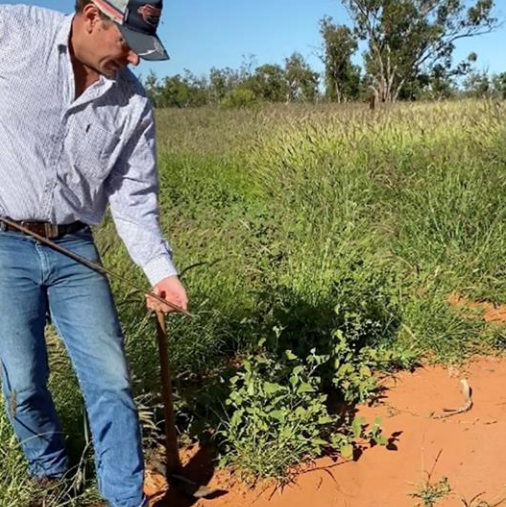
After attending a water ponding and spreader bank field day, Glenn Landsberg of “Sunset”, Charleville, implemented five new spreader banks different in design to his usual practice.
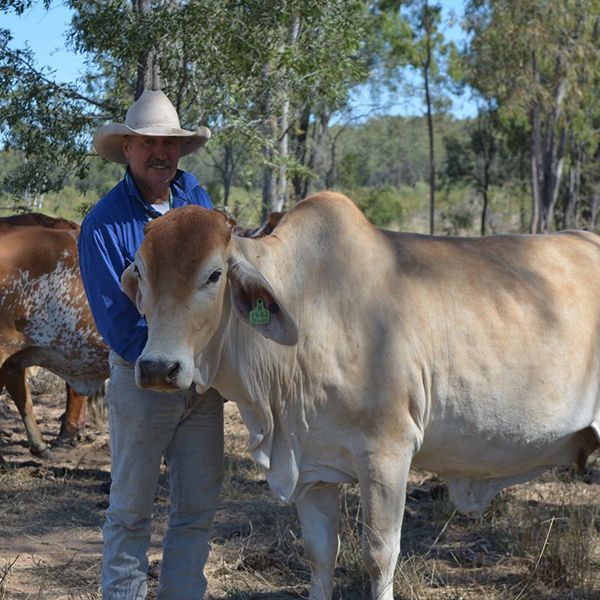
Richard Judd used economic analyses to determine his best options after attending a DCAP workshop on maximising returns from high quality forages in central Queensland.
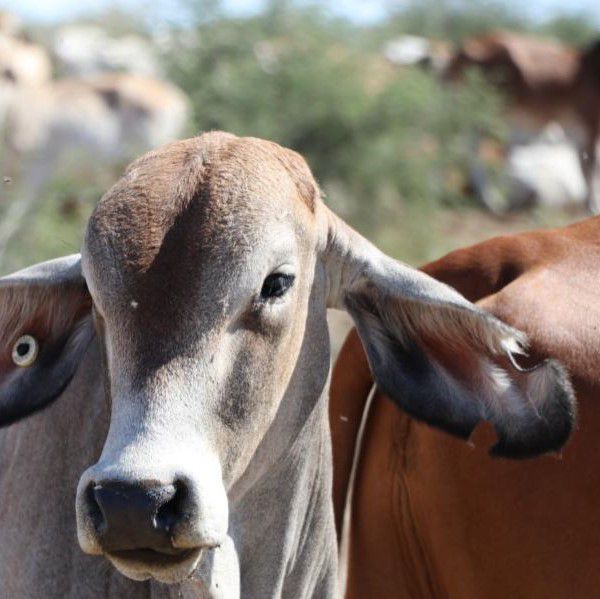
Colin Burnett completed a Nuffield Scholarship (How to survive and prosper in the North West Queensland beef industry) in 2019 and discusses the importance of maintaining land, herd, people and finance banks.
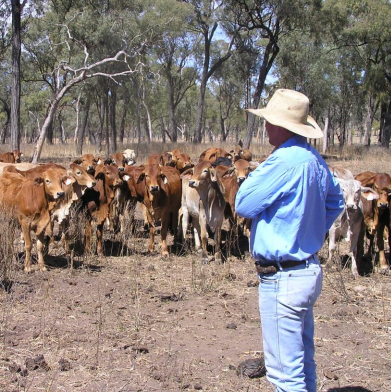
Russell and Donna Lethbridge of Werrington Station made a number of management practices changes over the years that increased business productivity and decreased the breeder mortality rate from 5% to 0.5%.
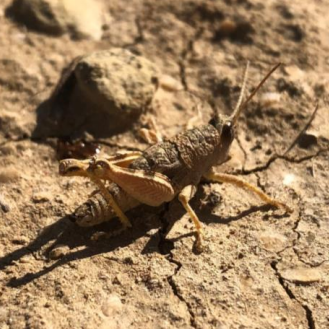
Producers were surveyed to measure grasshopper impacts such as pasture damage and economic loss across northern and north-west Queensland following wet season rain.
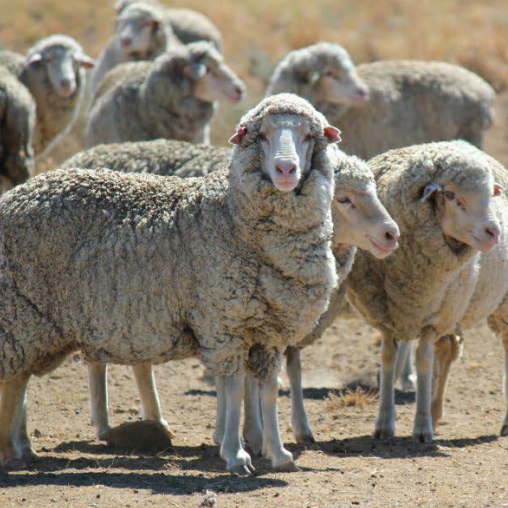
This case study features the feedback provided by sheep producers located in the north, central-west and south-west regions of Queensland.
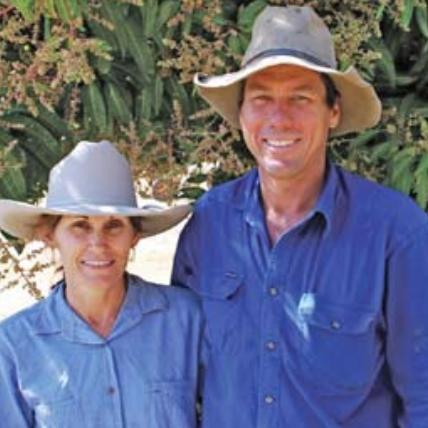
The Connolly family improved productivity and profitability by implementing lighter stocking rates, wet season spelling, feeding and/or supplementation programs, cross breeding and pasture improvement.
Narratives
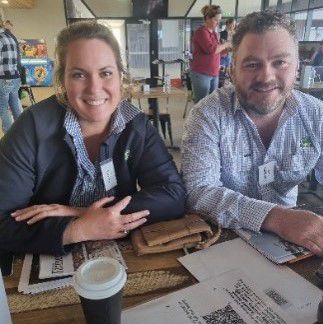
ConnectAg brought together a range of presenters to provide producers with a workshop to consider technology suitable for their enterprises. Most participants indicated they intended to implement changes to their business because of what they had learned at the workshops. Read more (PDF)
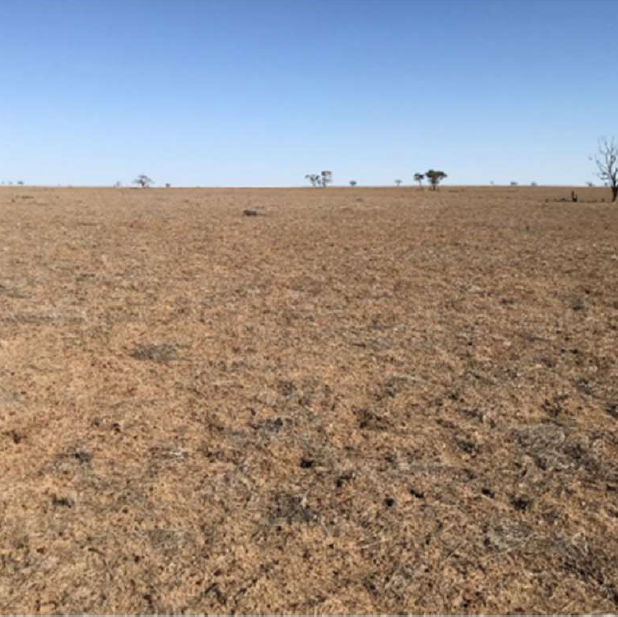
An impact of long-term dry conditions is the potentially reduced rate of pasture recovery, when growing conditions return. A common question from livestock producers across the central west region during 2020 was, “My paddocks look bare of Mitchell grass tussocks. Is there sufficient seed in the landscape to germinate when rain returns?”Read more…
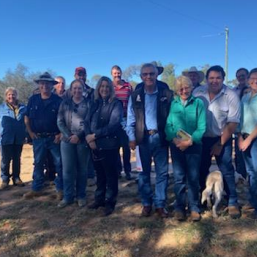
Members of the Mitchell Landcare group hosted and attended two on-property Maps and apps events in the Mitchell region in south west Queensland. Producers heard about advantages of large wall maps for planning infrastructure, as well functions of mobile map apps that can be used for providing direction, location and overlays of vegetation management codes.Read more (PDF)…
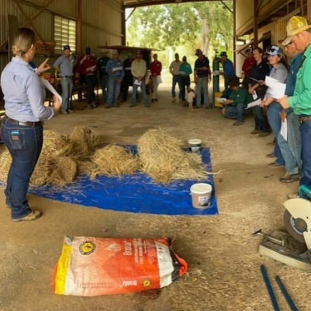
The opportunity for young extension staff to work with Department of Agriculture and Fisheries (DAF) other regional extension teams is incredibly valuable and an investment in their future.Read more (PDF)…
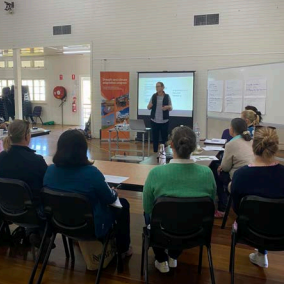
Record keeping is a job most of us dislike, dodge and don’t know if we’re doing well. However, good records are critical to managing a grazing business well, especially in variable seasons.Read more (PDF)…
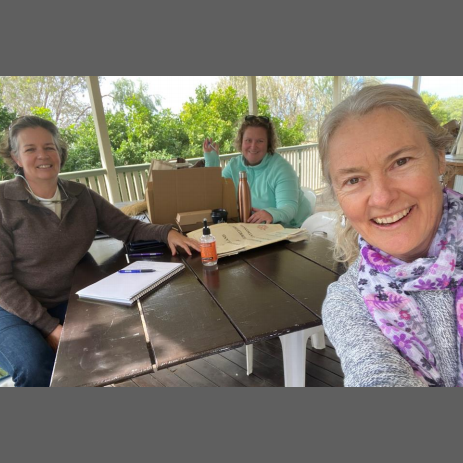
The Rural Financial Counselling Service has proved to be a crucial and active partner for the GrazingFutures project to support information delivery for graziers across Western Queensland. Read more (PDF)…
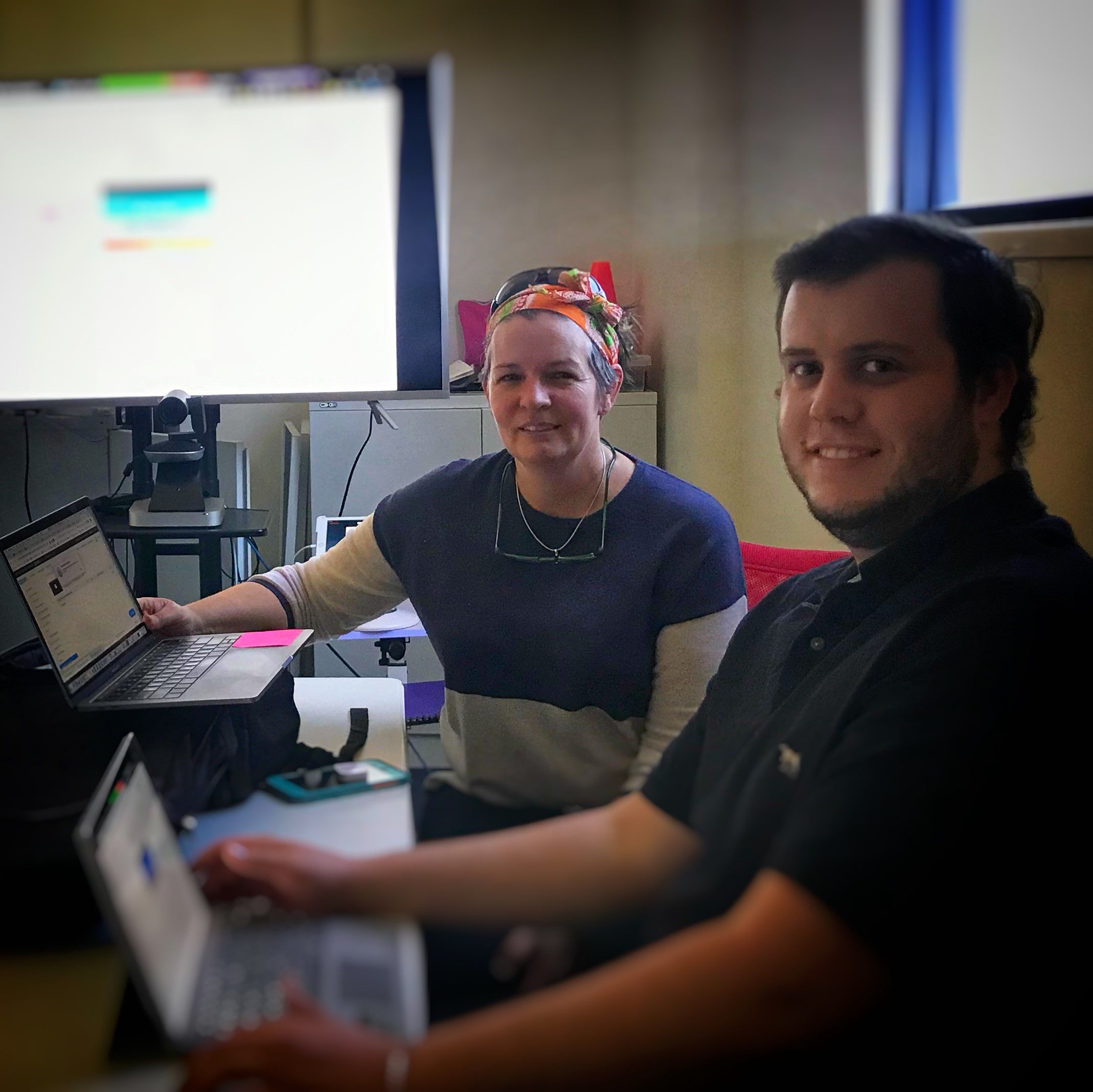
Mobile ZOOM ROOM technology has helped overcome distance, break down barriers and reduce project costs by enabling key industry presenters to join workshops in remote communities. Read more (PDF)…
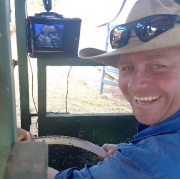
Pregnancy testing females on-site allows beef producers to make immediate and informed decisions about the future management of their herd. In August 2020, the Mount Surprise Producer Innovation Hub participated in a two-day training workshop where they learnt to use the ReproScan unit and how to use the results of pregnancy testing to benefit their beef businesses. Read more (PDF)…
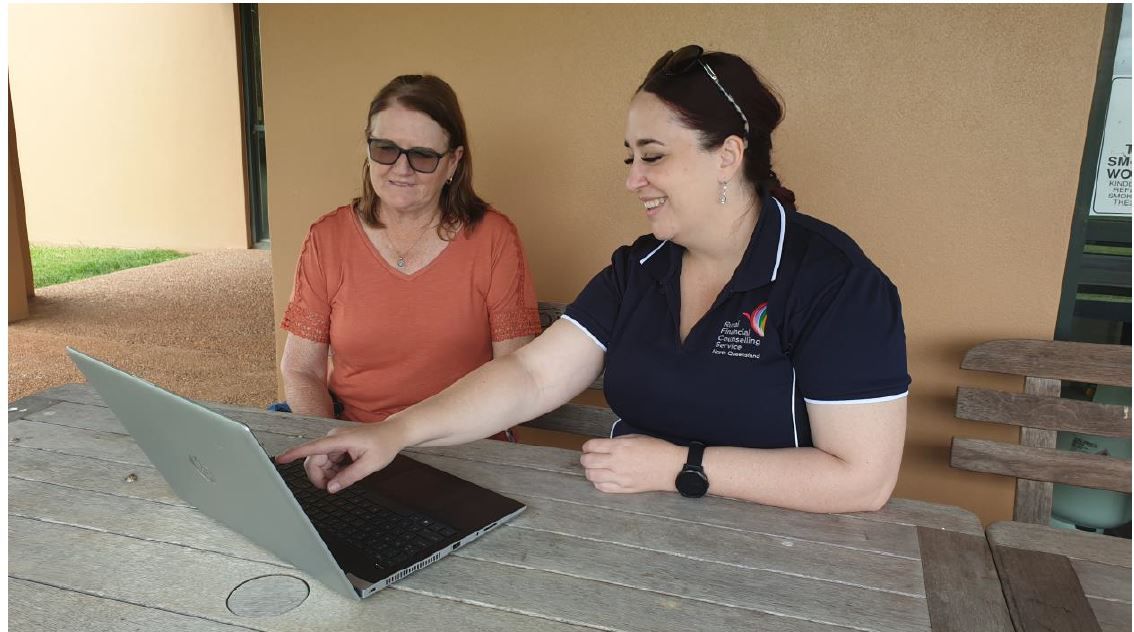
During the devastating flood event of 2019, it became apparent to beef producers and extension staff alike, that many businesses had inaccurate herd and financial records. Created through collaboration with industry and service agencies, the Surviving and Thriving in the Grazing Game workshops have proven to be very popular, resulting in five additional workshops scheduled in 2021. Read more (PDF)…
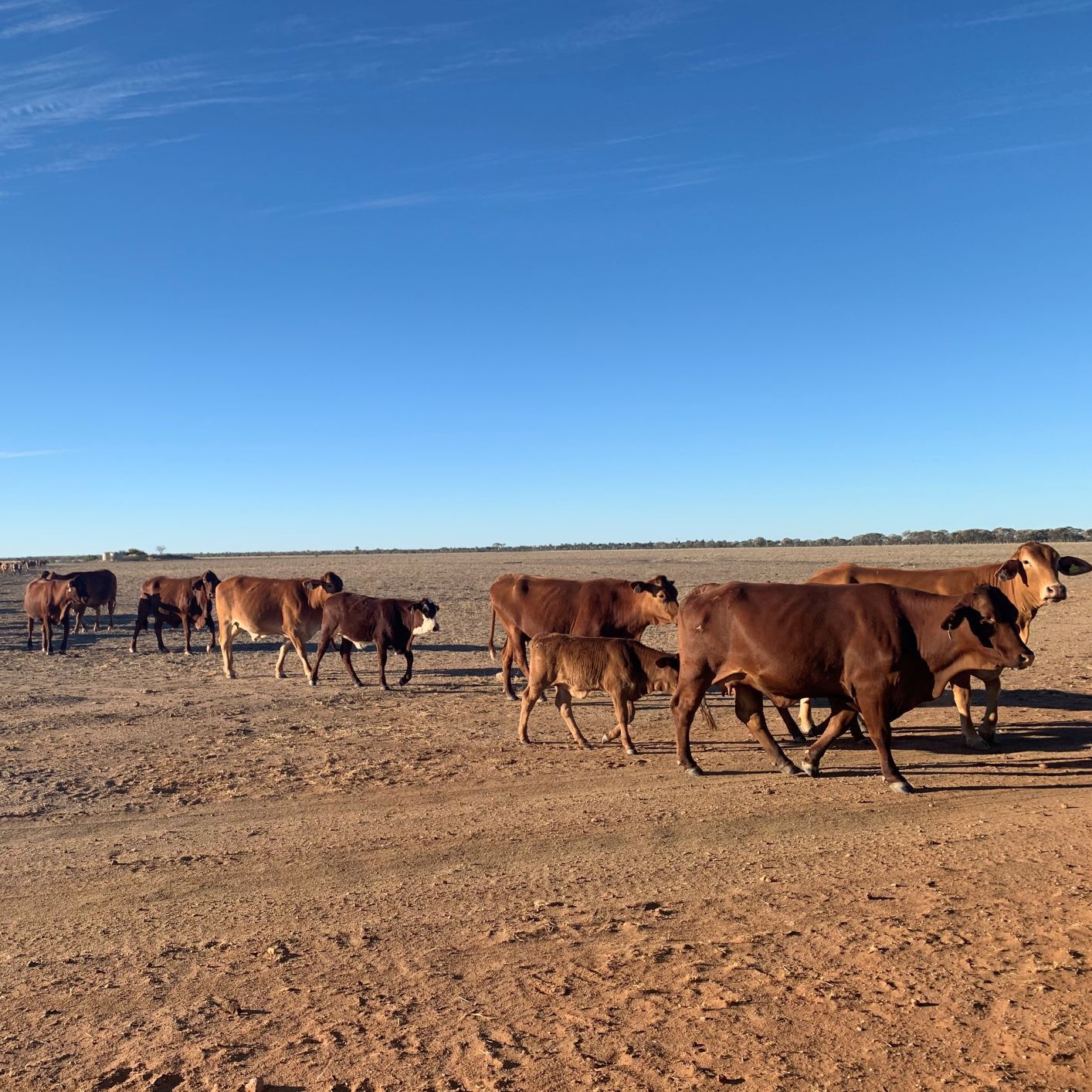
Ten years of extension support with Eddie Maxwell, a beef producer on a family business in the McKinlay Shire, has seen reduction in stock numbers by approximately 1,000 adult equivalents, cull cows turned off earlier and recognising the value of buying good quality hay for their weaning program. Learn about the importance of developing rapport between stakeholders and organisations. Read more…
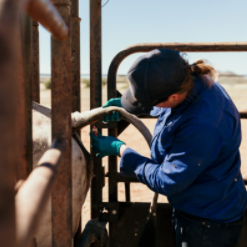
Phosphorus is essential for the growth of cattle and for lactating cows, requiring 1g P for every litre of milk produced. Read how the GrazingFutures team helped beef producers in north-west Queensland to evaluate the level of phosphorus deficiency of the breeders in their herd. Read more…
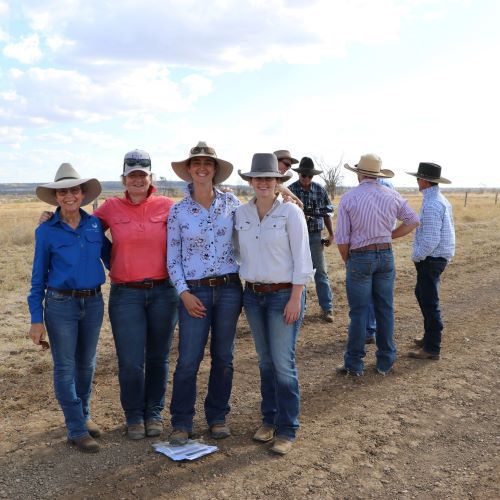
When Anne Alison started with Southern Gulf Natural Resource Management in 2017, there was very little collaboration between agencies in north-west Queensland. In this narrative, Anne describes how the GrazingFutures project has enabled a united front between not only Department of Agriculture and Fisheries and Southern Gulf NRM, but also Queensland Rural Industry Development Authority, McKinlay Shire Council, Primary Healthcare Network and many other community organisations. Read more…
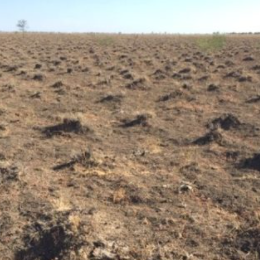
A vast area of north-west Queensland, including the northern Mitchell Grass Downs, extending into the Gulf, was damaged after a monsoon trough flooded the area in February 2019.
Local Department of Agriculture and Fisheries pasture scientists and extension staff reviewed Mitchell grass growth requirements and made some recommendations. Read more…
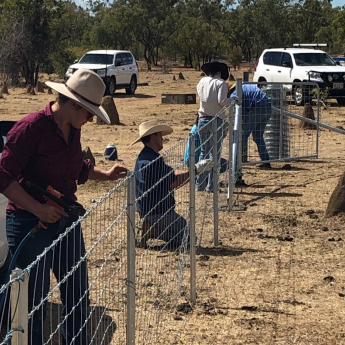
Wet season spelling is the practice of removing cattle from a paddock during the growing season to manage land more sustainably. The GrazingFutures Team partners with the E-Beef project to discuss the implementation of wet season spelling demonstration sites including how the results will be monitored over the coming years. Read more in the Wet season spelling narrative (PDF, 1.5 MB).
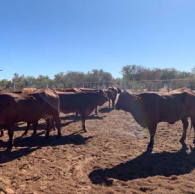
GrazingFutures project members and Biosecurity Queensland staff based at Longreach have been collaborating to improve efficiencies in livestock inspections, producer enquiries and disease monitoring systems. Read this case study to find out how the collaboration is conducted in north-west Queensland: Collaborating with Biosecurity Queensland (PDF, 500 KB).
GrazingFutures event summaries
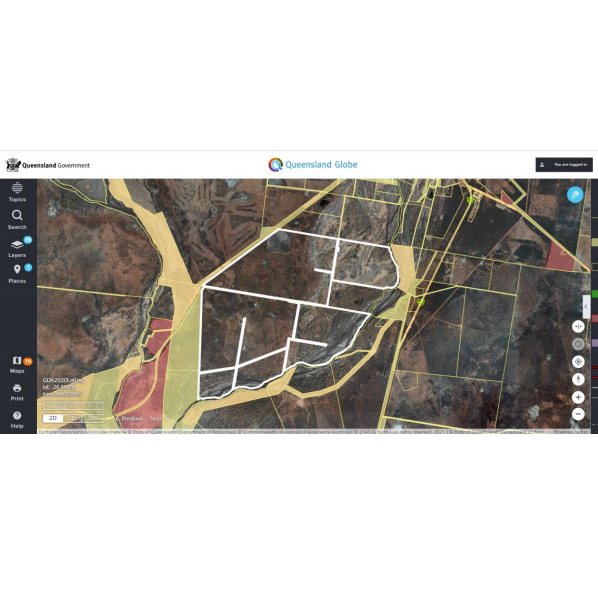
A mapping workshop was held to introduce landholders to the Queensland Government’s planning and mapping programs Queensland Globe and FORAGE. Nine local producers attended the workshop and 33% indicated that they would be making a change to their business as a result of what they learnt that day. Read more.
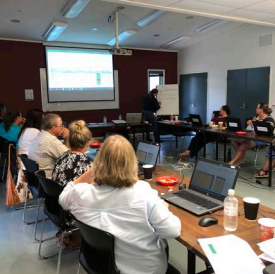
Microsoft Excel has broad and valuable application for agricultural businesses, however graziers may not have had formal training or exposure to confidently use it in their business management. Read why more than 140 people attended this workshop with more than half having made changes to their business management and data recording. Read more.

Basalt Bash & Beauty is an event for rural and remote women, bringing them together to strengthen social cohesion, reduce the sense of isolation, encourage conversations on key issues and common themes, and improve mental health and wellbeing. Over the years the event has grown and evolved, with more women coming along to share their stories, experiences and challenges of life in far North Queensland. Read more about the Basalt Bash and Beauty case study (PDF, 1 MB).
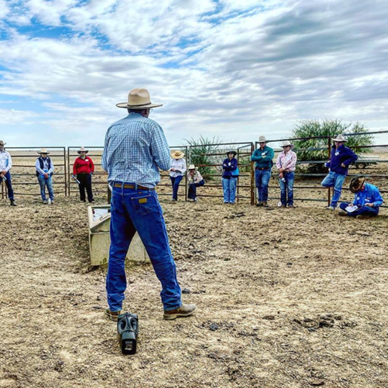
Producers, industry and interstate government departments came together to discuss recent research and practical prevention strategies of calf loss on the downs near McKinlay on 8 October. Read more….
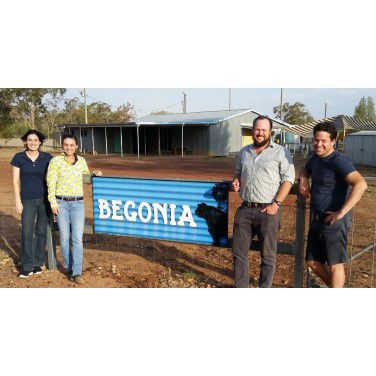
Tim Moravek and Daisy-May Denny (DAF Agricultural Economists), presented the “Profitable Decision Making” workshop at the Begonia Sports Club. Workshop attendees were taken through a process of how to economically analyse their current operation and were shown how to test available options to improve profitability. Read more….
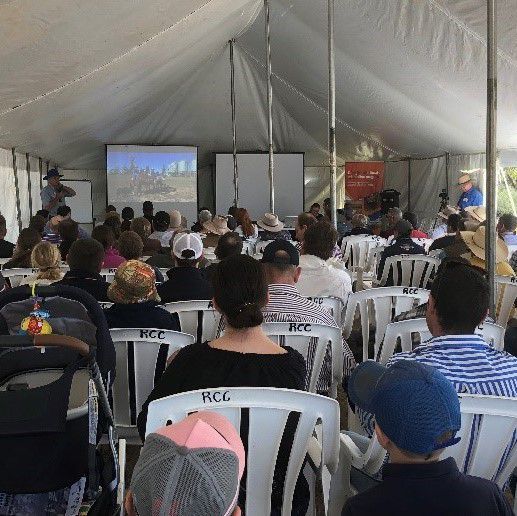
GrazingFutures held a ‘Technology for a better farm’ field day 27 July 2019 showcasing one of the project’s walk over weigh (WOW) systems in use in western Queensland. The field day was held at ‘Echo Hills’, Roma where the technology has been in use since October 2018 with the assistance of livestock managers Anna and Anthony Dunn. Read more….

Quilpie producer Annabel Tully of ‘Bunginderry’ was interested in establishing a dedicated producer business group for her region to streamline business management and office efficiency to prepare for when the dry returns. Establishing a dedicated group of local producers also meant support, learning off each other and sharing their experiences – both good and bad. Read more about the Women of wealth (PDF, 523 KB).
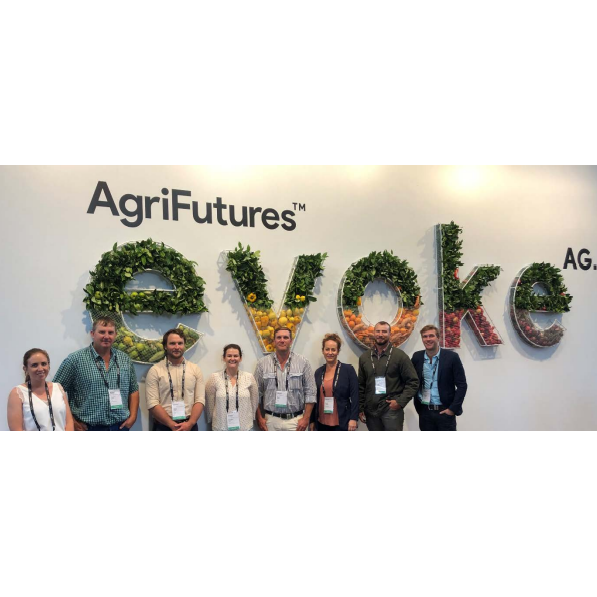
Evoke Ag, the premier ag-tech conference for Australasia, is an annual event where start up and established companies display their latest tech offerings and producers, researchers and agricultural professionals alike discuss the issues facing the industry and what the future holds. To gain exposure to presenters and technology that remote Australia has little access to, the Department of Agriculture and Fisheries facilitated the partial funding of Evoke Ag attendance for seven producers through the Smart Farms Partnership funded E-beef project, led by Southern Gulf NRM. Read the attendees’ expectations, immediate impressions, ideas for implementation and perceived community benefits in this GrazingFutures narrative: North Queensland takes on Evoke Ag 2020 (PDF, 1 MB)…
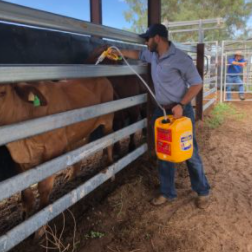
The 2020 Westech Steer Challenge will be a step above the usual steer challenge as new technologies are being used to capture data and inform decision-making. All Challenge steers will pass over a walk over weigh unit (donated by the Department of Agriculture and Fisheries) daily, while GPS tracking tags (donated by IDS G Farm) will monitor steer activity and grazing patterns. Read more…
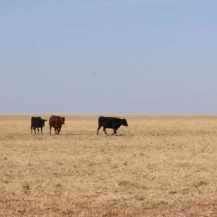
Breedcow and Dynama is a herd budgeting software package designed to be used to plan, evaluate and improve the profitability of extensive beef cattle enterprises by allowing users to model different scenarios for their cattle enterprise. GrazingFutures extension staff, economist Fred Chudleigh and nutritionist Dr. Maree Bowen, collaborated with Southern Gulf NRM and producers to deliver a Breedcow and Dynama workshop to five grazing businesses near Julia Creek. Click here to read the Breedcow Dynama (PDF, 120 KB).
